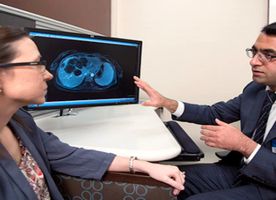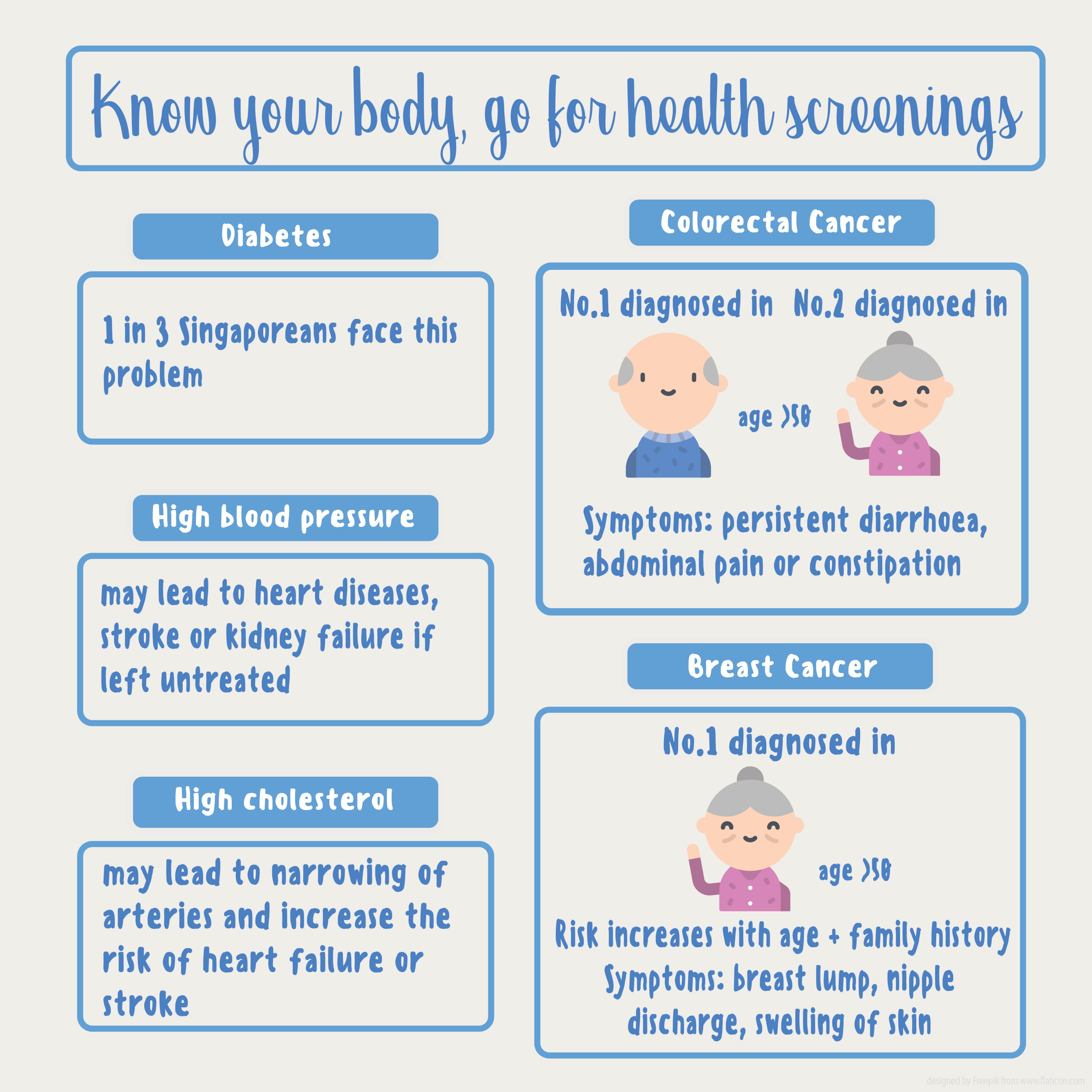Cancer Screening in Mexico
Search and Compare the Best Clinics and Doctors at the Lowest Prices for Cancer Screening in Mexico






Cancer Screening at Hospital Zambrano Hellion in Monterrey, Mexico





Cancer Screening at Hospital San Jose Tecnologico de Monterrey in Monterrey, Mexico

Cancer Screening at ONCOLOGIA MULTIDISCIPLINARIA AVANZADA in Mexico City, Mexico



Cancer Screening at Grupo Oncológico Luna Parc in Mexico City, Mexico





Cancer Screening at Hospital Galenia in Cancun, Mexico

Cancer Screening at Onco Center Cancun in Cancun, Mexico


Cancer Screening at Ginecologos Asociados in Reynosa, Mexico





Cancer Screening at HIFU Cd. Juarez in Monterrey, Mexico
Our partner clinics in are accredited by the following associations





































































































































































No Time?
Tell us what you're looking for and we'll reach out to the top clinics all at once
WHY US?





































































































































































No Time?
Tell us what you're looking for and we'll reach out to the top clinics all at once
What does a Cancer Screening Procedure Involve?
A Cancer Screening operation usually involves a non-invasive or slightly invasive test. Various tests are used for distinctive types of cancers. For instance, mammograms, which use a low-dose X-ray of the breasts, are employed for screening breast cancer. Pap smears, another common test, screens for cervical cancer by using a swab to collect cells from a woman's cervix.
However, some tests are more invasive like colonoscopies for colorectal cancer, which necessitate the insertion of a flexible tube into the rectum to inspect the colon. It's crucial to understand what each procedure involves and engage in a dialogue with your healthcare specialist about potential risks and advantages. Additionally, it's vital to comprehend that screening tests do not confirm the existence of cancer, but only signal a potential issue that necessitates a more specific follow-up diagnostic test.
How Long Should I Stay in Mexico for a Cancer Screening Procedure?
The duration of your stay in Mexico after a Cancer Screening procedure primarily depends on the kind of screening test performed and the outcomes. For most non-invasive processes like mammography, Pap smear, or skin cancer screening, you can usually go home immediately post-procedure. At times, as per WebMD, you may have to stay in the city for a couple of days for more invasive examinations like a colonoscopy, especially if a biopsy is carried out for further inspection.
If the Cancer Screening results necessitate additional diagnostic examinations, an extended stay in Mexico may be needed. It's advantageous to discuss potential scenarios with healthcare experts and organize your stay accordingly. Also, consider availing the services of clinics that can offer you an estimated recovery timeline and any necessary follow-up procedures.
What's the Recovery Time for Cancer Screening Procedures?

The recovery period after a Cancer Screening in Mexico is typically brief for most cancer screening tests. Non-invasive procedures like mammograms, Pap smears, or skin cancer screenings often require no recovery time, allowing you to return to routine activities immediately. However, more invasive examinations such as colonoscopies might require a day or two to recuperate from sedation effects, as indicated by Healthline.
The emotional recovery period, on the other hand, can differ substantially. A potential cancer diagnosis can trigger stress and anxious feelings. Consequently, it's crucial to lean on support networks and consider professional assistance if necessary. Discussing both physical and emotional recovery times with your healthcare provider is a key part of this process.
What sort of Aftercare is Required for Cancer Screening Procedures?
The nature of aftercare following a Cancer Screening is contingent on the specific test undertaken and its results. Most screening tests do not necessitate particular aftercare. However, for more invasive procedures, like a colonoscopy, you might have to rest for a day or so due to the impact of sedation. If polyps were excised during the examination, you may be required to adhere to specific dietary restrictions for a few days. Emotional aftercare holds equal importance. Irrespective of the test outcomes, scheduling follow-up visits to discuss potential next steps is recommended. Keeping in consistent touch with your healthcare provider to ensure your emotional wellbeing is duly catered for is also crucial.
What's the Success Rate of Cancer Screening Procedures?
The effectiveness of Cancer Screening within Mexico is evaluated based on its accuracy in recognizing cancer at an early stage, thereby amplifying the probabilities of an effective treatment. Numerous screening tests have displayed remarkable success rates in early cancer detection and mitigating cancer-related fatalities. For example, mammograms have drastically cut down mortality from breast cancer by diagnosing the illness in its nascent stages.
Despite that, success rates can fluctuate based on elements such as the regularity of screenings and the individual's risk aspects. So, it is of utmost importance to seek advice from healthcare providers to establish the most apt screening timeline in accordance with personal health situations and risk determinants.
Are there Alternatives to Cancer Screening?
The market offers alternatives to specific Cancer Screening processes. Depending on the cancer type, different tests might be more appropriate. For instance, a virtual colonoscopy, a kind of computed tomography (CT) scan, might serve as an alternative to a traditional colonoscopy for screening colorectal cancer. It's less invasive and doesn't necessitate sedation.
However, it's vital to hold an extensive discussion with your healthcare provider about the most suitable screening test for you. It's also pivotal to remember that these tests serve as preventative measures and not as substitutes for leading a healthy lifestyle that comprises regular physical activity, balanced diet, and other preventative healthcare actions.
This information has been accurately sourced and verified by a medical professional for its accuracy, however, we strongly recommend you to consult with your doctor before pursuing medical procedures overseas.


























